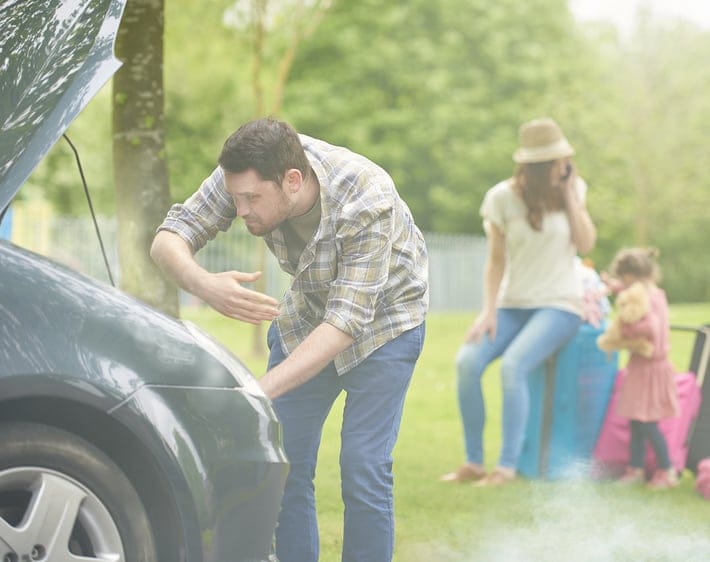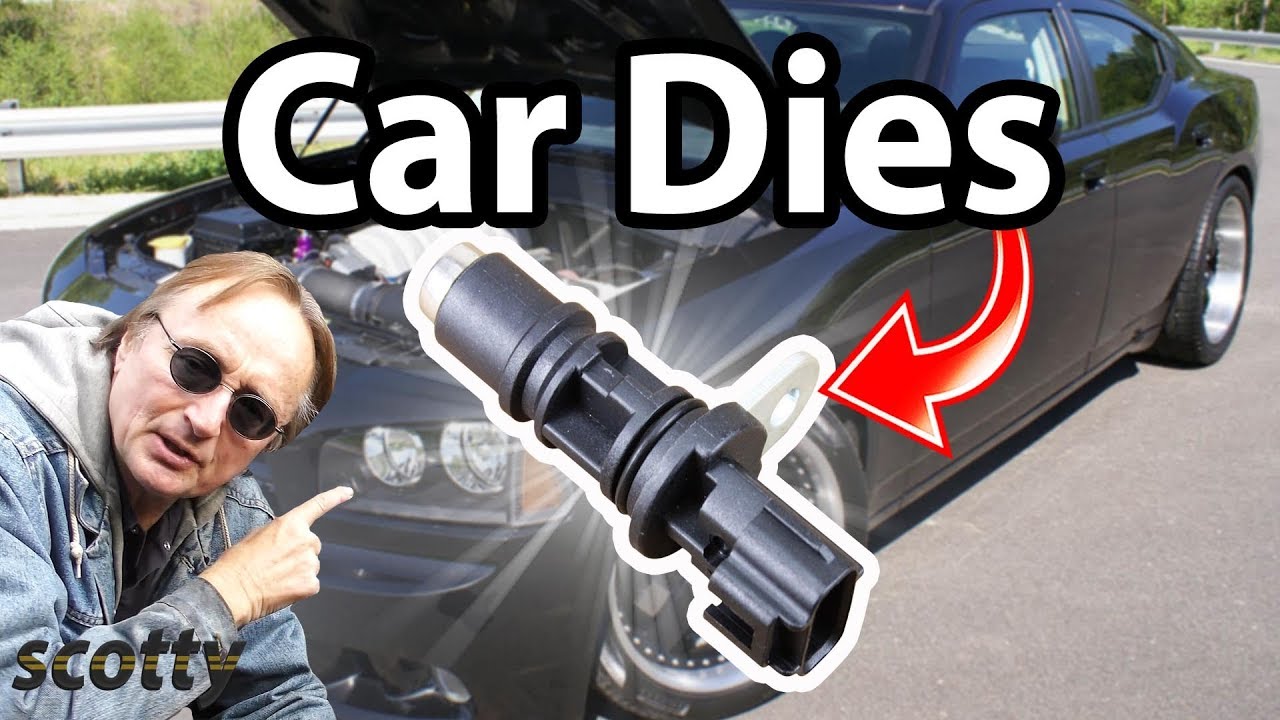When your car overheats and shuts off, it is important to take immediate action to prevent further damage. This article provides a step-by-step guide on what to do in such a situation to ensure the safety of yourself and your vehicle.
Car overheating can be a frustrating and potentially dangerous situation. Whether you’re stuck in traffic or cruising down the highway, an overheated car can suddenly shut off, leaving you stranded and unsure of what to do next. Ignoring the issue or taking incorrect action could lead to costly repairs or even engine failure.
That’s why it’s crucial to know how to handle this situation properly. We will outline the necessary steps to take when your car overheats and shuts off, helping you navigate through this stressful situation with ease. By following these guidelines, you can minimize potential damage and get back on the road safely.
Signs Of An Overheating Car
Is your car showing signs of overheating? If it shuts off, here’s what you can do: turn off the engine, let it cool down, check the coolant level, and inspect for leaks. If the problem persists, seek professional help to avoid further damage.
If you notice any of these signs, it may indicate that your car is overheating:
- Steam coming from the engine
- Temperature gauge in the red zone
- Strange smells or smoke
When steam is coming from the engine, it can be a clear indication of overheating. Additionally, if the temperature gauge is showing the red zone or you smell strange odors or see smoke, it’s important to address the issue right away. Ignoring these warning signs can lead to serious engine damage.
If you experience any of the signs mentioned above, it is crucial to take immediate action. Firstly, turn off your car and let it cool down. Avoid opening the radiator or coolant reservoir cap until the engine has cooled. Check the coolant level and add more if necessary. It’s also recommended to contact a professional mechanic to diagnose and fix the underlying cause of the overheating. Regular maintenance, such as checking coolant levels and inspecting for leaks, can help prevent future overheating incidents.
Immediate Steps To Take
When your car overheats and shuts off, there are immediate steps you can take to ensure safety and prevent further damage. The first thing to do is to pull over to a safe location as soon as possible. This could be a shoulder, parking lot, or any other place away from traffic.
Once you have pulled over, the next step is to turn off the engine immediately. This will help prevent any additional damage to the car’s engine and other components.
After turning off the engine, it is recommended to open the hood to allow the heat to escape. Be cautious while opening the hood as it may be hot. Opening the hood will help dissipate the heat faster and aid in cooling down the engine.
Assessing The Cause Of Overheating
To address the issue of an overheating car, there are a few key steps you can take. Firstly, check the coolant level and add more if needed. Low levels could be a possible cause. Inspecting the radiator is also important; look for any leaks or damage that may be affecting its functionality. Additionally, pay attention to the belts and hoses – any signs of wear or breakage could be contributing to the overheating problem. Keep an eye out for cracked or loose belts, as well as leaks in the hoses.
If any issues are detected during this assessment, it is crucial to act swiftly to prevent further damage to the vehicle. Remember, regular maintenance and proper care of your car’s cooling system can help prevent overheating issues from occurring in the first place.
Temporary Fixes To Cool The Engine
When your car overheats and shuts off, it can be a very frustrating situation. However, there are a few temporary fixes that you can try to cool down the engine. One option is to pour cold water or coolant over the radiator. This can help to lower the temperature and prevent further damage. Another option is to use a wet cloth on the radiator cap. By cooling down the cap, you can help to dissipate heat from the engine. Additionally, turning on the heater can also help to release some of the heat from the engine. These quick fixes can provide temporary relief while you find a more permanent solution to the overheating issue.
Calling For Assistance Or Towing
When your car overheats and shuts off, it is important to take immediate action to avoid further damage. If you are unable to fix the issue yourself, calling for assistance or towing is the next step. Start by contacting a nearby mechanic or roadside assistance service. Provide them with a clear description of the situation, including the fact that your car has overheated and shut off. It is also crucial to inform them about your location so that they can reach you quickly.
Based on their assessment of the situation, they may be able to provide guidance on how to proceed. However, if the problem is severe and cannot be fixed on the spot, you may need to arrange for towing. The mechanic or roadside assistance service should be able to assist you in finding a reliable towing service that can transport your car to a repair shop or another suitable location.

Credit: www.firestonecompleteautocare.com
Preventive Measures To Avoid Overheating
– Regularly check and maintain coolant levels to ensure proper cooling.
– Inspect and clean the radiator and cooling system to prevent debris buildup.
– Avoid extreme driving conditions or overloading the car, as this can increase the likelihood of overheating.
– Schedule regular maintenance and check-ups to identify and address any potential issues before they lead to overheating.
By following these preventive measures, you can reduce the risk of your car overheating and shutting off, ensuring a smooth and trouble-free driving experience.
Conclusion
To conclude, knowing what to do when your car overheats and shuts off is crucial for every driver. By following these steps, such as pulling over to a safe location, turning off the engine, and letting it cool down, you can prevent further damage and keep yourself safe on the road.
Regular car maintenance and check-ups can also help detect potential issues before they become serious problems. Remember, being prepared and taking prompt action can save you from costly repairs and ensure a smooth driving experience.

